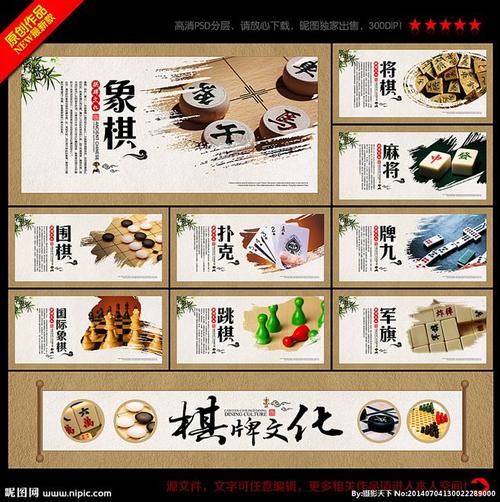The Cultural History of Chinese Chess

Abstract: This paper is about the cultural history of Chinese chess. It will be examining its origins and tracing its development throughout the centuries. It will also analyze how the game has been influenced by culture and literature, discussing various interpretations of the game. Finally, the paper will conclude with a discussion of how the game has evolved over time and its role in modern society.
Chinese chess, or “xiangqi” in its native language, is one of the most popular games in China, a staple of Chinese culture for centuries. Commonly referred to as “Chinese Chess”, xiangqi has its roots in ancient Chinese culture, with the earliest records of the game dating back more than two thousand years. It is thought to have originated during the Warring States Period (475-221 BCE), though some sources claim that it could have been played as early as the Zhou Dynasty (1046-256 BCE).
The game was popular among the nobility and was often played as part of court ceremonies. In its early days, xiangqi was known as “Liubo”, a term derived from the Han Dynasty dedication to Emperor Wu of Han. The game quickly spread among the people, eventually becoming known as “xiangqi”. There are numerous theories as to why the name changed, the most popular being that the name “xiangqi” was created to honor General Xiang Yu, a legendary figure in Chinese history.
Xiangqi is traditionally played on a square board with nine vertical lines and ten horizontal lines, with two distinct sides of red and black pieces. In total, there are sixteen pieces on each side, including the king, general, horses, chariots, elephants, advisors, cannons, and soldiers. The goal of the game is to capture the opponents king while protecting ones own. It can be a difficult game to master and requires skill and strategy to win.
Throughout the centuries, xiangqi has featured prominently in Chinese literature and art. Ancient texts such as The Art of War and The Romance of the Three Kingdoms both feature descriptions of the game, while pieces used in the game have become symbols of good luck and prosperity. The game has also found its way into proverbs and idioms, with the most famous being “eating chess”, which means to act fast.
The evolution of Chinese Chess is directly linked to the culture and literature of China. As the game has evolved, so too have the strategies and interpretations of its play. Today, Chinese Chess is still an integral part of Chinese culture, as its nuances remain a source of debate and fascination.
In its modern form, xiangqi is an old game that has maintained its relevance in contemporary society. It is still a popular game in China and around the world, with tournaments and competitions happening regularly. The game has been adapted to the digital age, with virtual versions offered on websites and mobile devices. Xiangqi continues to be a unique way to explore the culture and history of the region.
To conclude, Chinese Chess is a game with a rich history and deep roots in Chinese culture. Its pieces, strategies, and symbolism tell a story of China’s past and its evolution over time. While the game has been adapted and modernized, it is still appreciated and revered in its traditional form. For lovers of Chinese culture and history, playing xiangqi can be a rewarding experience.
原创文章,作者:门清,如若转载,请注明出处:http://m.shihtai.com/show_2673.html

